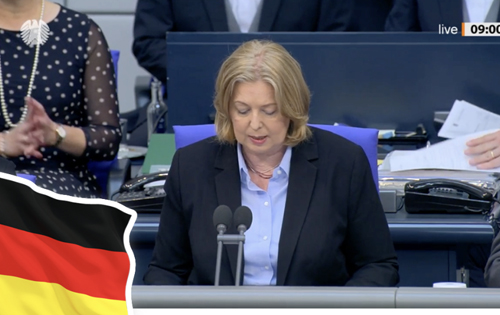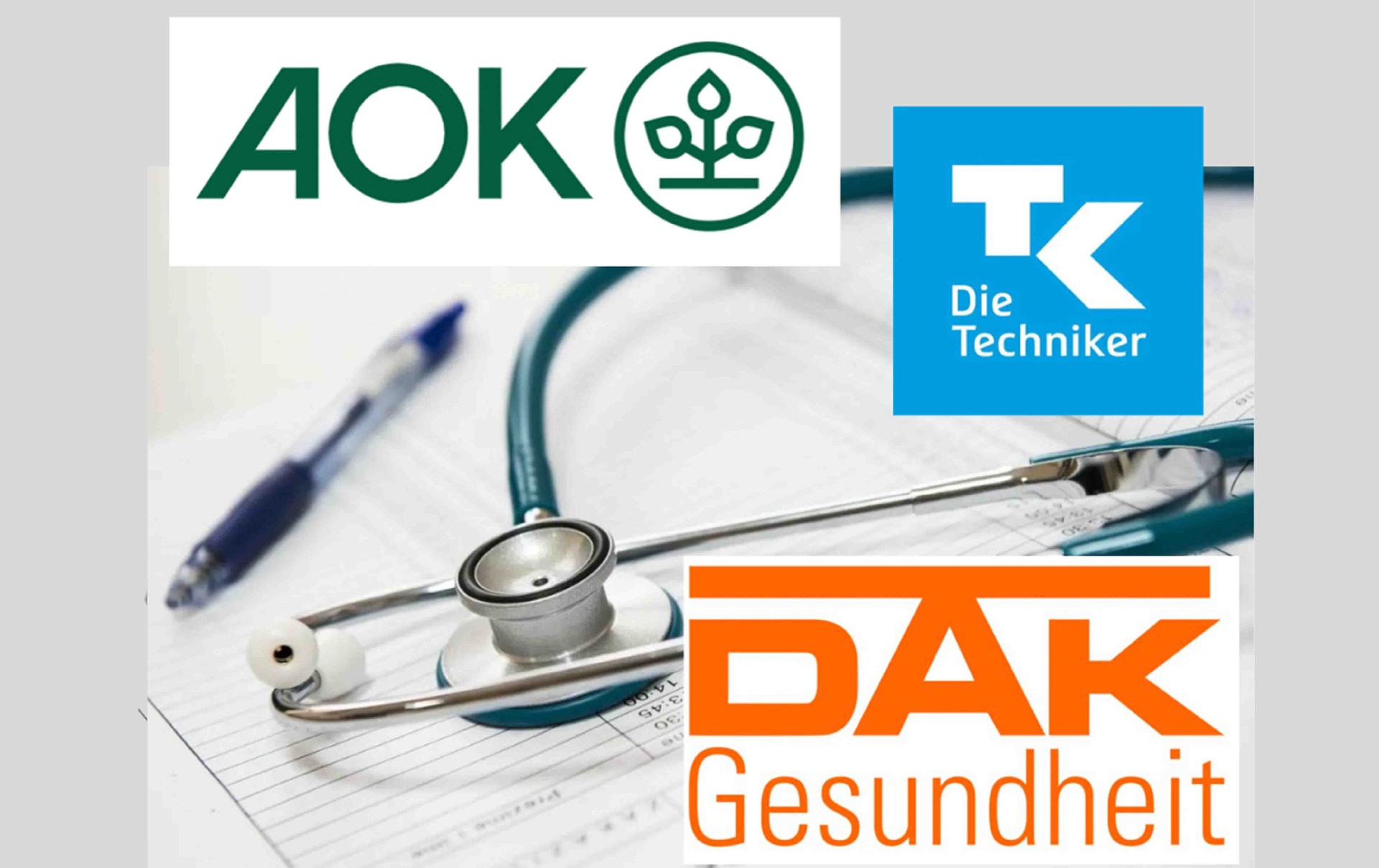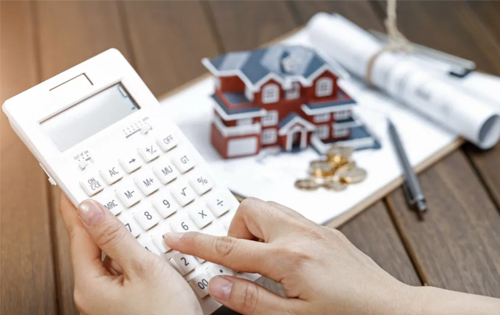
News Detailed steps for buying a house in Germany
In Germany, how can foreigners purchase property? It is currently the best time to buy a house. Today, we will share insights from Ms. Immo Bond, a senior real estate expert in Frankfurt.
1. For friends who wish to choose their ideal property in Germany, you can use commonly available local German property selection websites such as Immo Scout 24, Immowelt. In the domestic context, commonly used websites for German property listings include Fang Tian Xia, among others.
2. On property purchase websites, you can search for recently sold properties with similar features and purposes in the vicinity to find out the recent transaction prices. For instance, you can visit https://www.wohnungsboerse.net/immobilienpreise.
3. By entering the postal code of the property you wish to purchase on the website, you can inquire about local land prices. Here are some free websites you can use for this purpose:
- German Land Price Enquiry: https://www.bodenrichtwerte-boris.de/boris-d/?lang=de
- Hesse (Hessen) Land Price Enquiry: https://hvbg.hessen.de/
- North Rhine-Westphalia (Nordrhein-Westfalen) Land Price Enquiry: https://www.boris.nrw.de/boris-nrw/?lang=de
- Berlin Land Price Enquiry: https://fbinter.stadt-berlin.de/boris/
- Bavaria (Bayern) Land Price Enquiry: https://www.boris-bayern.de/brwk_online.php
4. You can also check websites that provide information on rental price trends, such as Wohungsbörse: https://www.wohnungsboerse.net/immobilienpreise.
Gathering real estate market information is mainly about determining whether the timing is right for investment in Germany. Various methods for assessing and collecting information on property price trends in Germany are as follows:
1. Search for recent transaction prices of properties with similar configurations and purposes in the vicinity on websites. This method is suitable for those looking for properties within Germany.
2. The German government (zf) and related agencies provide a land price query service. By entering the postal code of the property you wish to purchase on their website, you can check the local land prices.
3. If you are proficient in German, you can also consult land price assessment reports published by local professional real estate evaluation agencies.
4. Inquire directly with local real estate agents to gain insights into the current market situation.
5. If you are considering renting out a property, you can observe rental price trends in various regions of Germany.
6. Major German real estate companies such as JLL, Engel & Volkers, and others regularly share information on property prices and rental price trends across Germany.
Collecting essential property documents is crucial to understanding whether the property has financial and legal liabilities, which is particularly important. Retrieving the necessary documents for property liabilities requires the property deed, owner's basic information, and property liability details. Additionally, an energy efficiency certificate is essential. We recommend potential buyers to carefully review the property's energy efficiency certificate. The reasons for this are as follows:
Firstly, as energy prices are currently rising in Germany, properties with lower energy efficiency ratings are more sensitive to the increase in energy costs. Many German banks currently support individuals in purchasing environmentally friendly and energy-efficient properties, offering favorable interest rates for properties with good energy efficiency ratings (A, A-). The KFW Bank, as part of the German Reconstruction Bank, provides interest rate incentives and financial assistance policies for environmentally friendly renovations and the purchase of eco-friendly properties.
After completing the on-site inspection, the next step is to view the property, which is similar to what needs to be observed domestically. You can search for this information on your own, and we won't go into further detail.
After preliminary selection of the property, you can contact the bank or a loan intermediary to discuss loan matters. The process is somewhat intricate. In the initial meeting, both the client and the bank (loan officer) roughly exchange basic information to determine whether the bank or loan officer can assist the client. Please note that in Germany, banks and loan officers generally explain a data confidentiality agreement to the client at this point. The agreement roughly states that the bank, aside from using the customer's information for credit evaluation, is not allowed to use the information for other purposes or disclose it to third parties. Strict confidentiality of the applicant's data is also a characteristic of data protection in Germany.
After the first meeting, if both parties wish to continue their cooperation, the bank or loan officer will request the client to submit basic personal and property information to make a rough assessment of the loan's feasibility, down payment amount, and interest rate quotes. The following days are a period of anxious waiting for the bank's interest rate quote. Subsequently, the bank provides a preliminary quote.
When the bank tentatively approves the client's loan application, and the client is satisfied with the bank's offer, both parties reach a basic agreement for cooperation. At this point, the bank conducts a more thorough assessment of the client's creditworthiness and requests additional personal and property documents according to the procedure. Different banks of various brands in different regions of Germany require different sets of documents for evaluation.
Once the further assessment is successfully completed, the bank notifies the loan applicant by mail that the loan process can proceed. Moreover, when all the required loan application documents requested by the bank are in order, the loan interest rate can typically be locked. Many banks issue a 'Finanzierungspass' at this stage, and it generally indicates that the loan application has passed the bank's preliminary review. This PASS helps the loan applicant swiftly reserve the desired property as both a loan applicant and property buyer since, in any market environment, good properties are in high demand, and it's a 'first-come, first-served' situation.
Finally, the long-awaited formal loan contract is in the applicant's hands. The official loan contract is usually sent via postal mail to the address specified by the loan applicant. The loan contract includes details such as the loan amount, interest rate, lender and borrower, loan duration, interest rate lock-in period, breach clauses, and so on. It's worth noting that the loan contract generally requires the applicant to personally sign it by hand. Additionally, it may include a withdrawal statement, which allows the applicant to unconditionally withdraw from the loan within 14 days from the date of reading and accepting the withdrawal statement document.
Signing Contracts and Notarizing German Real Estate Purchase Contracts
The notarization process for German real estate purchase contracts is as follows:
1. The German notary public reads the sales contract and relevant laws. Typically, both the buyer and seller are present to sign the contract manually.
2.1) The responsible department for the land certificate, known as GRUNDBUCHAMT, records in the land certificate that the land has been reserved by the buyer. The department reviews and confirms that there are no other legal or financial liabilities associated with the land.
2) All parties' banks simultaneously address financial issues related to the land transaction. It is essential to ensure there are no historical financial debts on the property before purchasing.
3. Local government authorities confirm that the land has not been expropriated by government agencies.
4. Tax examination of the property buyer, which involves checking whether the buyer has paid taxes on time.
3. After completing the checks in the second step, the property buyer receives a notice for the payment of the property price.
4. The property price is paid, and the property transfer tax is also paid simultaneously, typically ranging from 8% to 10% of the property's purchase price. It is important to note that this additional tax is generally not eligible for bank loans and must be prepared by the property buyer as their own funds.
5. Property transfer and ownership change. Having the property owner's name entered into the land register is the final step to becoming the true owner of the property in Germany.
6. Bank loan disbursement: This is the final step. The disbursement rules of the bank are generally outlined in the loan contract. It specifies the procedures, documentation, and requirements that must be met by the borrower before the bank releases the loan. If you are purchasing off-plan property, the loan disbursement process is typically tied to the construction progress of the property."
Please note that the translation provided is a general rendition in business English. Legal and financial documents often require precise terminology and should be reviewed by a professional translator familiar with the specific requirements of the document and the legal terminology in the target language.





